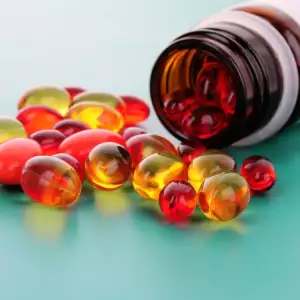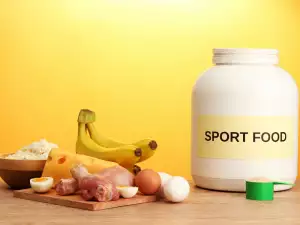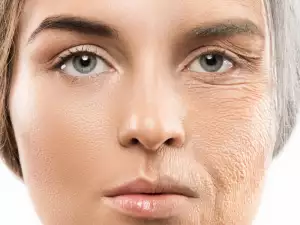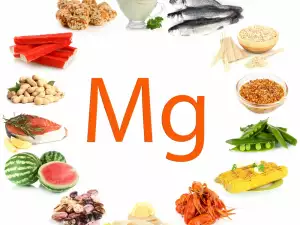Collagen is the main protein of connective tissues in humans. Concentration of it varies in different parts of the body - 23% in the skull bones, 64% in the cornea, in the cartilage 50% and 75% in the skin. It represents 30% of the total weight of the human protein and is responsible for the firmness, the elasticity, the appropriate humidity and continuous renewal of the skin cells.
Collagen is involved in the functioning of almost all systems, tissues and organs. With advancing years, the body loses its capacity for the synthesis of collagen. Disturbances in the formation of collagen are found in situations of continuous overload /exercise, physical activity/, and in some autoimmune diseases /osteoarthritis/.
Collagen is strong and stretchy with great tensile strength. It is a key component of cartilages and ligaments of the teeth and bones. Along with soft keratin, it provides elasticity and strength for the skin. Collagen strengthens the blood vessels and plays an important role in tissue development. In a word - without it, there is no life.

Collagen is constantly active. After the age of 25 years, however, this process is difficult and, over the years, is progressively weakened.
Colla - glue, genno - labor. These words speak of the function of collagen that sticks cellular elements. Collagen is composed of amino acids - long helical peptide sequences which comprise from 19 to 105 amino acids.
The most important of these are glycine, proline, hydroxyproline and hydroxylysine. For its part, amino acids consist of the chemical elements of carbon, hydrogen and oxygen that reacts with nitrogen. A compound of at least 100 amino acids results in the formation of a polypeptide chain. Thus is bourne collagen.
Functions of collagen
As already mentioned, most of the functions of collagen are clear. Let's look at them in more detail. Collagen functions in a number of different ways in the body. One of the most important and usually imperceptible to the eye functions of collagen is its constructive role in skin.
It represents about 80% of the dry weight, it provides the necessary structure together with another important protein - elastin. Thus, both proteins provide the necessary flexibility of the skin to stretch and therefore return to its normal state, while the body moves.
Collagen has important functions in relation to the bones. Bone is composed of a mixture of collagen and special material called hydroxyapatite. Their combination is responsible for the structure, the strength and resilience of the bones. According to studies, about 30% of the bone is made of organic materials, of which 95% is collagen.

Collagen is a building block in the walls of blood vessels - capillaries, veins and arteries. It adds durability and strength, structure and flexibility for proper transporting by the blood to every cell.
Collagen is vital for the functioning of muscles.
The molecules of the collagen fibers provide the muscle strength and structure that are required for their functioning and the movement during the day. Collagen constructs not only muscle fibers, but also smooth muscles - the heart muscle, muscles in the bladder and sexual organs.
Benefits of Collagen
On the market are various additives and products made of collagen. These supplements have various beneficial actions. As already mentioned, after age 25 the body slows down the production of collagen. Collagen, which is available in various forms slows the aging process of the skin, smoothes scars, strengthens thinned nails and hair, slows hair loss, improves texture and skin pigmentation.
It is believed that the additives with collagen help in the treatment of periodontal gingival rosacea and juvenile acne, psoriasis, dermatitis and lichen, dermatological allergies and osteoporosis, inflammations of the joints and the spinal column, regenerated mucosa of the vagina and improves circulation.
















Comments